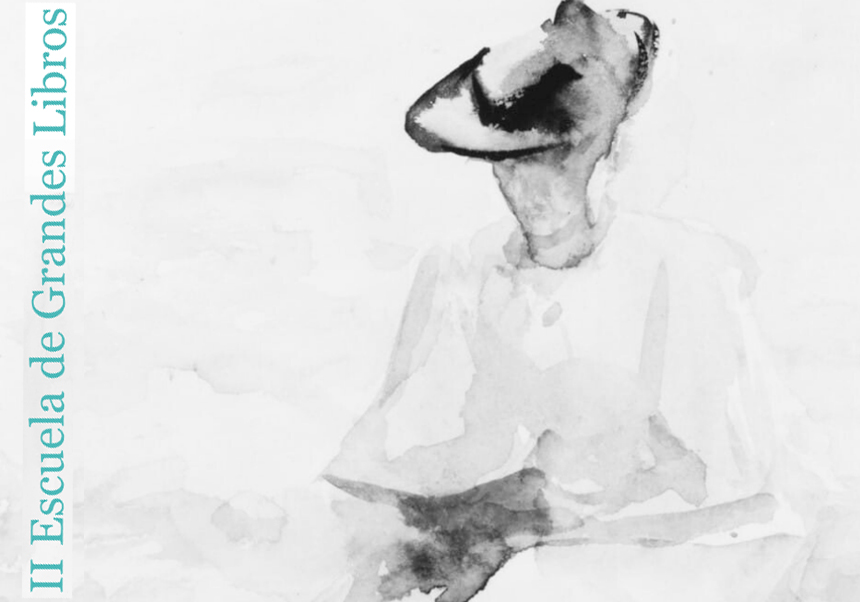
Great Books stand the test of time. They are not the One Book, they are not the Great Book of Nature, they are not the Book of Life, nor are they the ‘too many books’ that Gabriel Zaid counted. The unfortunate expression ‘the religions of the Book’ has not obliterated the interpretation of sympathies and differences; it is relatively easy to escape the circle of hermeneutics, and the merciless laws of logographic necessity, as a commentator on Plato wrote, remain healthy. Human beings learn in many ways, and learning by reading is one of them. We learn by reading when we recognise that we do not know and that someone else knows and that their knowledge has been put into writing; who that someone is who will increase (literally the author) our knowledge and where their teachings are to be found are, in themselves, questions that guide us in our search for the best teachers, those who teach us to read when they read to us. The School of Great Books is the natural continuation of the study of the humanities and adequate preparation for one's performance in life. Reading the Great Books—attentively, demanding, slowly, meaningfully, unforgettably—is the test of every student, who is measured against the very material of which culture is made: the book, the Great Books.
The School of Great Books is a course organised by La Torre del Virrey. Institute of Advanced Cultural Studies in collaboration with the Menéndez Pelayo International University. It offers an annual curriculum focused on the Great Books and the great conversations that these books have sparked throughout history. To this end, it will provide students with a list of books that include classics of philosophy, literature, social and political sciences, history, religion, economics, physics, biology, astronomy, aesthetics, music and linguistics, as well as the technical resources necessary to follow the courses online, since our teaching methods are perfectly suited to the virtual format of the webinar, which allows for conversation between the teacher and the students. From the outset, the book was a new technology and has remained so ever since.









